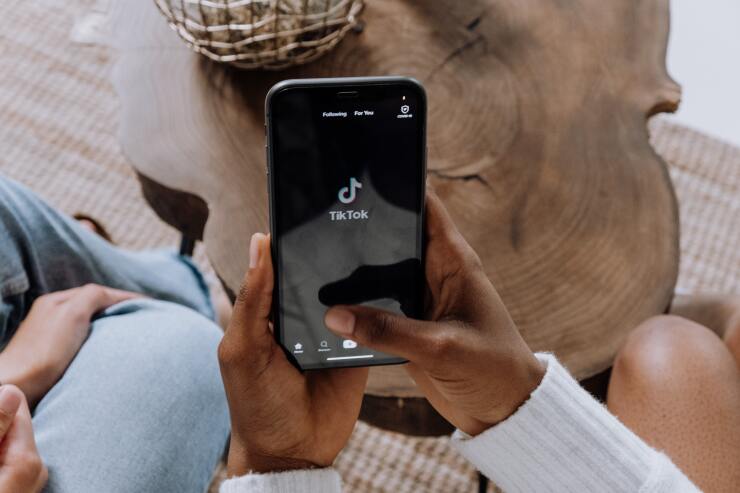TikTok, the popular social media platform known for viral dance videos and quirky content, soon could be used as a recruitment channel that showcases youthful creativity. A pilot program that’s reportedly testing with a beta group of companies allows candidates (for mostly entry level jobs) to post video resumes; TikTok has also been tapped to fill
These developments come at a time of pandemic-generated labor shortages and a so-called
“For this new generation of digital-native workers, which spends around six hours a day on social media, it makes perfect sense for employers to take that a step further by meeting them on their social media platforms,” says Kevin Parker, CEO of HireVue, a hiring platform that features video interviewing.
Read more:
For Gen Z-ers, uploading a video resume will feel natural, explains Arran Stewart, co-founder and chief vision officer of blockchain-powered
The fact is, Parker adds, traditional resumes offer limited predictive power about a candidate’s performance, and information about education, work experience or job titles often lead to biased decision-making. In contrast, video resumes will create an opportunity to use artificial intelligence tools to better match candidates for job specifications and relevant skill sets. “It makes a lot more sense to transition to video-based applications and interviews to make informed hiring decisions,” Parker says.
Read more:
Employers willing to use TikTok’s eventual job platform could also benefit from creating video content featuring interviews with employees who explain why it’s such a great place to work, Stewart says. Embracing this digital mindset sets the tone for building an attractive culture, he adds.
But blurring boundaries between personal and professional social media personas is a slippery slope, especially considering how controversial postings among adults have led to firings or lost opportunities. “I think employers have to accept that people have personal lives,” Stewart cautions, but wryly adds that “if every video or every picture or image you’ve got is obscene, then that’s going to be what we call a career-limiting move.”
As more candidates who have grown up online are hired, Parker says it will be vital to determine an appropriate boundary between personal and business-related speech. “For now,” he says, “a comprehensive social-media policy is a must-have, and businesses need to keep up to date with any legal decisions or policy standards created by governing bodies in employment.”






